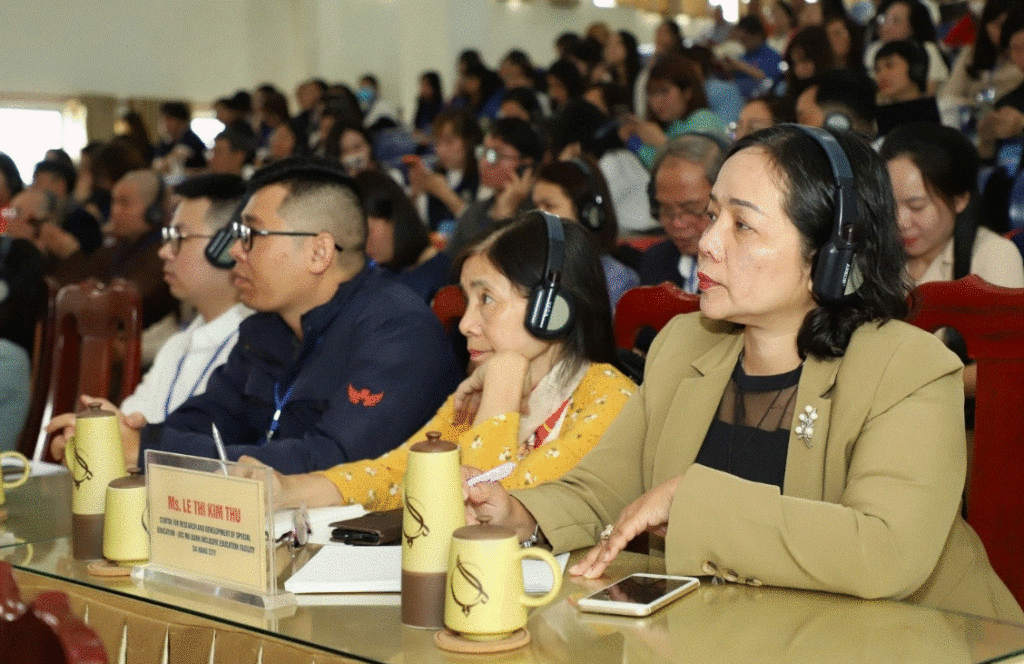
The AI machine has no idea what it means to be human. It cannot offer genuine compassion, it cannot foresee your suffering, cannot intuit hidden motives or lies. It has no taste, no instinct, no inner compass. It is bereft of all the messy, charming complexity that makes us who we are. More troubling still: AI has no goals of its own, no desires or ethics unless injected into its code. That means the true danger doesn’t lie in the machine, but in its master — the programmer, the corporation, the government. Still feel safe?















































